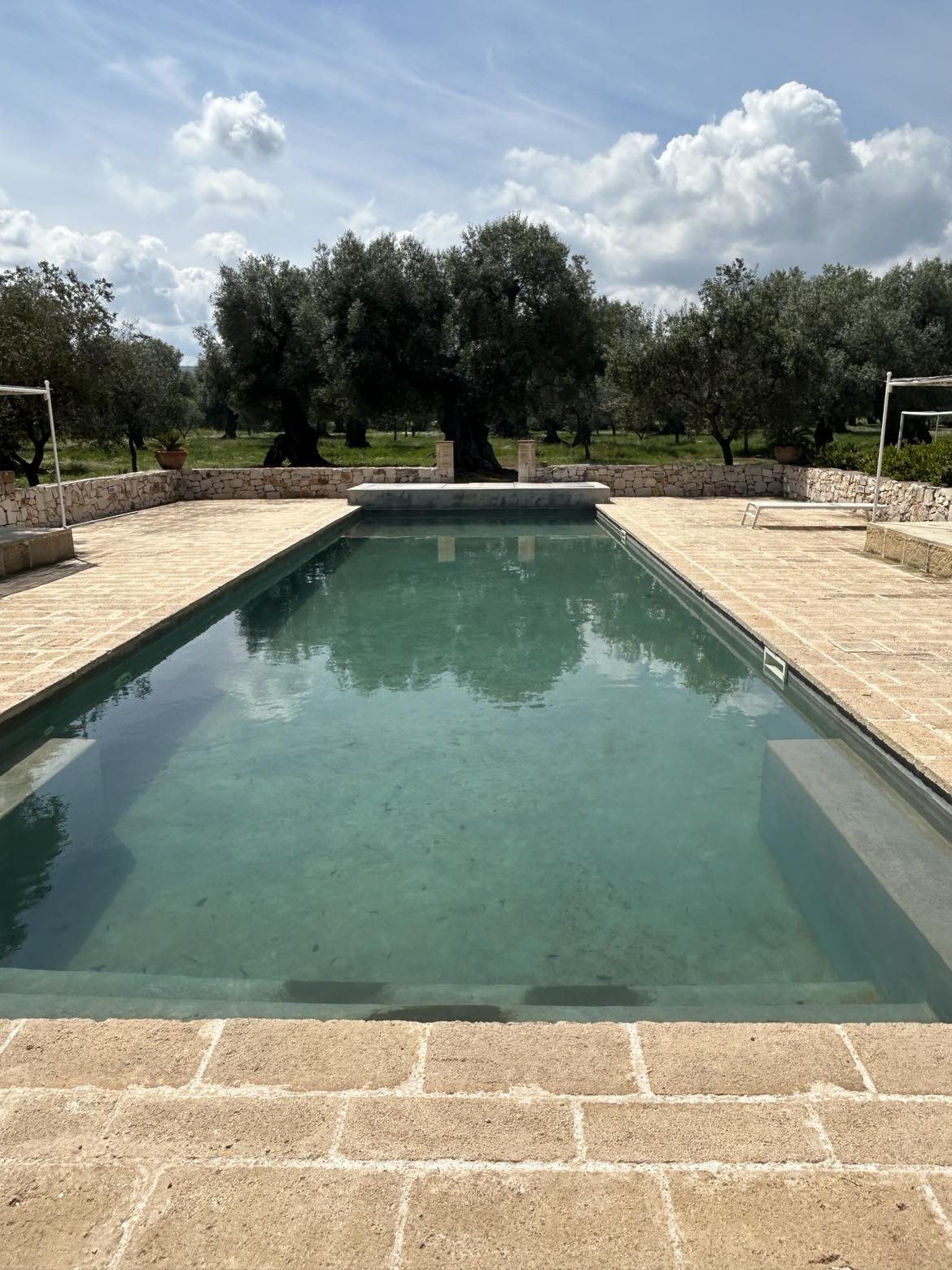FRIENDS WITH TAX BENEFITS (ITALIAN STYLE )
It’s one of life’s two inevitables, but, if you’re rich, Italy wants to give you a break
Nowadays, anyone that works hard and makes a high income wants to look for ways to further enhance their lifestyle. And if you’re in the elite circle of high-net-worth individuals, having that lifestyle means wanting to keep it that way.
So, if that sounds like you, have you considered working and living in Italy, and doing both at once?
My specialty as a commercialista (the Italian equivalent of an accountant) is helping foreigners who choose to make Italy their new home. I help with the transition of becoming a legal tax paying citizen in Italy. Lately, as an incentive by the Italian government to get more foreigners in general to make Italy their home, there are more advantages to working and paying taxes in Italy.
According to investopedia, a high net worth individual (HNWI) is a person with liquid assets in excess of one million dollars. Having consistent wealth is likely to create tax issues, both on the income tax angle as well as the wealth tax, depending on where the individual has residency.

In 2016, Italy introduced a new tax regime aimed to attract HNWIs, essentially to get them to move to Italy. After all, it’s not just about the beauty of life in Italy, but how it can benefit both the country and you. The Italian tax system is normally based on progressive brackets, therefore higher incomes are taxed at progressively higher rates. Long story short, the more you earn, the more you pay.
This is the opposite in a flat tax system, where you pay a fixed amount regardless of the income earned. The flat tax in Italy, which is what wealthy foreigners are being offered as an inducement to move here, allows you to pay €100,000 per year. This is based on all foreign income earned, regardless of the source and the amount. The good news is, it is also possible to extend the flat tax to any family member by paying an extra € 25,000 per head. Therefore, you can apply with your spouse and pay € 125,000 against all your combined foreign income sources.
Furthermore, there are no CFC rules in effect. CFC refers to Controlled Foreign Companies. Essentially if you have a company offshore in a tax haven, the anti-abuse laws do not apply. Therefore, if your income sources are from an offshore jurisdiction, there is no need to disclose it separately in your tax return.
There is no remittance tax in Italy. You can therefore use the foreign earned funds in Italy without any restriction.
Finally, this flat tax applies against any wealth tax, waiving foreign assets disclosure as well. What does this mean? If you have non-Italian bank accounts, shares, pension funds, investment funds or brokerage accounts you must 1) report them and 2) pay wealth tax when applicable IF you opt for the flax tax.
This regime lasts up to 15 years, and you can hop off at any time, meaning that the maximum time you can take advantage of the flat tax is 15 years, but you can use it for whatever amount of years on and off. After 15 accumulative years, you are taxed at regular Italian tax rates.

In Italy it is easy to declare tax residency and you can combine it with various double tax treaties allowing the reduction of any withholding tax paid overseas. This allows you to minimize your taxes to just € 100,000 on worldwide income — regardless of how high an income you earned.
A lot of people have an incomplete view of Europe’s taxation policies, and they are complex and differ from country to country, and range from some of Monaco’s lenient no-tax situations (in certain instances, not all! It’s not entirely a tax free country) to some super high-taxation nations. But this is a good deal, for certain people, in Italy, and, as they say back home, that ain’t chopped liver.
Contact Nicolo at n.bolla@accounting bolla or visit accountingbolla.com to learn more. (Then, when you move to Italy and buy a fantastic villa, invite us!)









